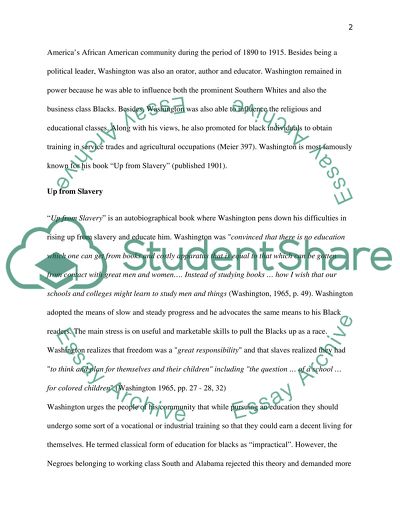Cite this document
(“Educational Thought for Black Advancement Research Paper”, n.d.)
Retrieved from https://studentshare.org/literature/1436666-educational-thought-for-black-advancement
Retrieved from https://studentshare.org/literature/1436666-educational-thought-for-black-advancement
(Educational Thought for Black Advancement Research Paper)
https://studentshare.org/literature/1436666-educational-thought-for-black-advancement.
https://studentshare.org/literature/1436666-educational-thought-for-black-advancement.
“Educational Thought for Black Advancement Research Paper”, n.d. https://studentshare.org/literature/1436666-educational-thought-for-black-advancement.


